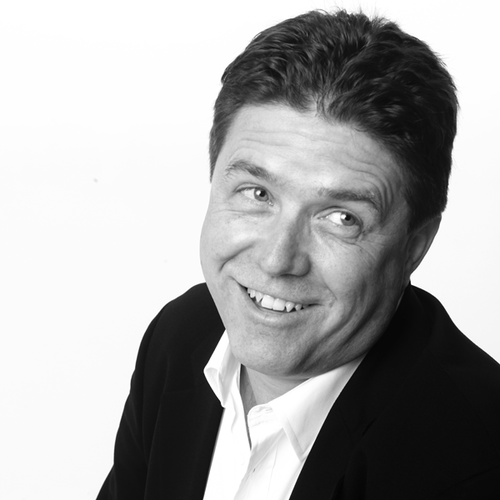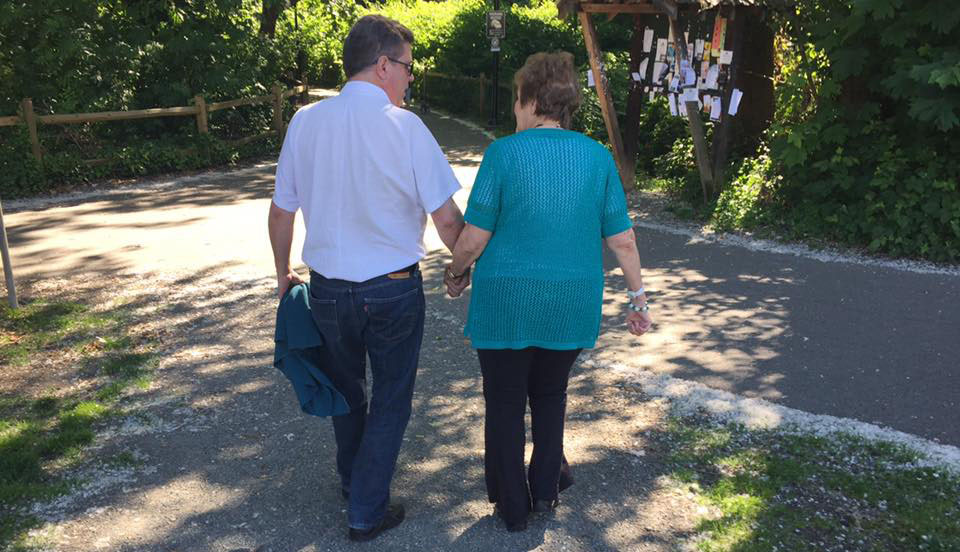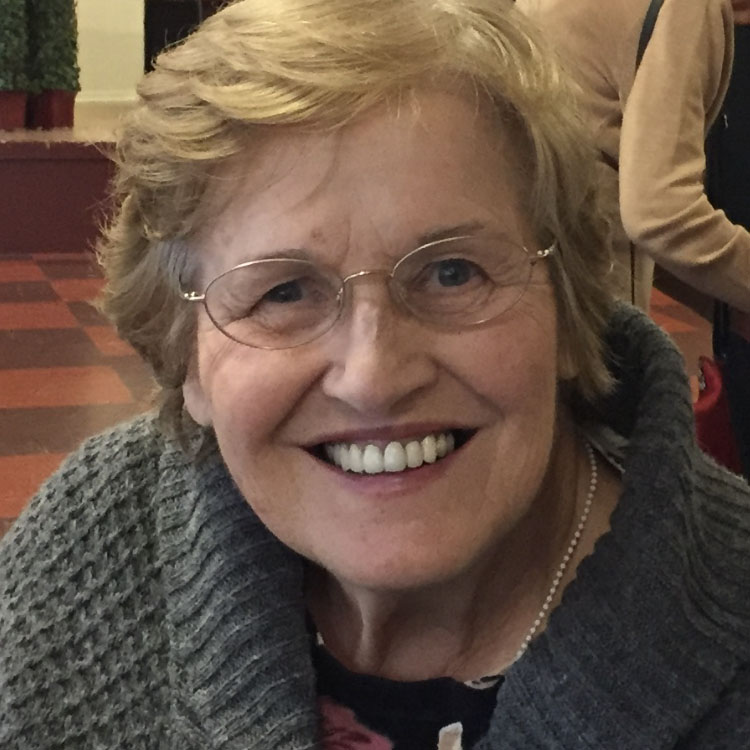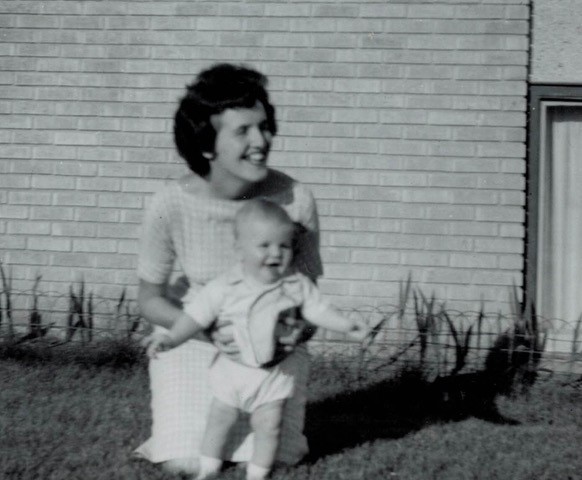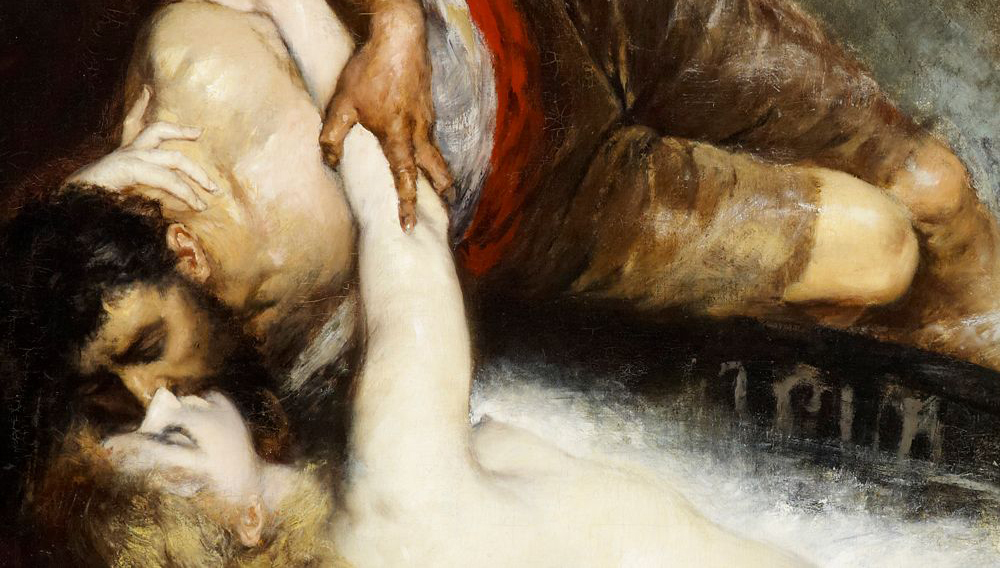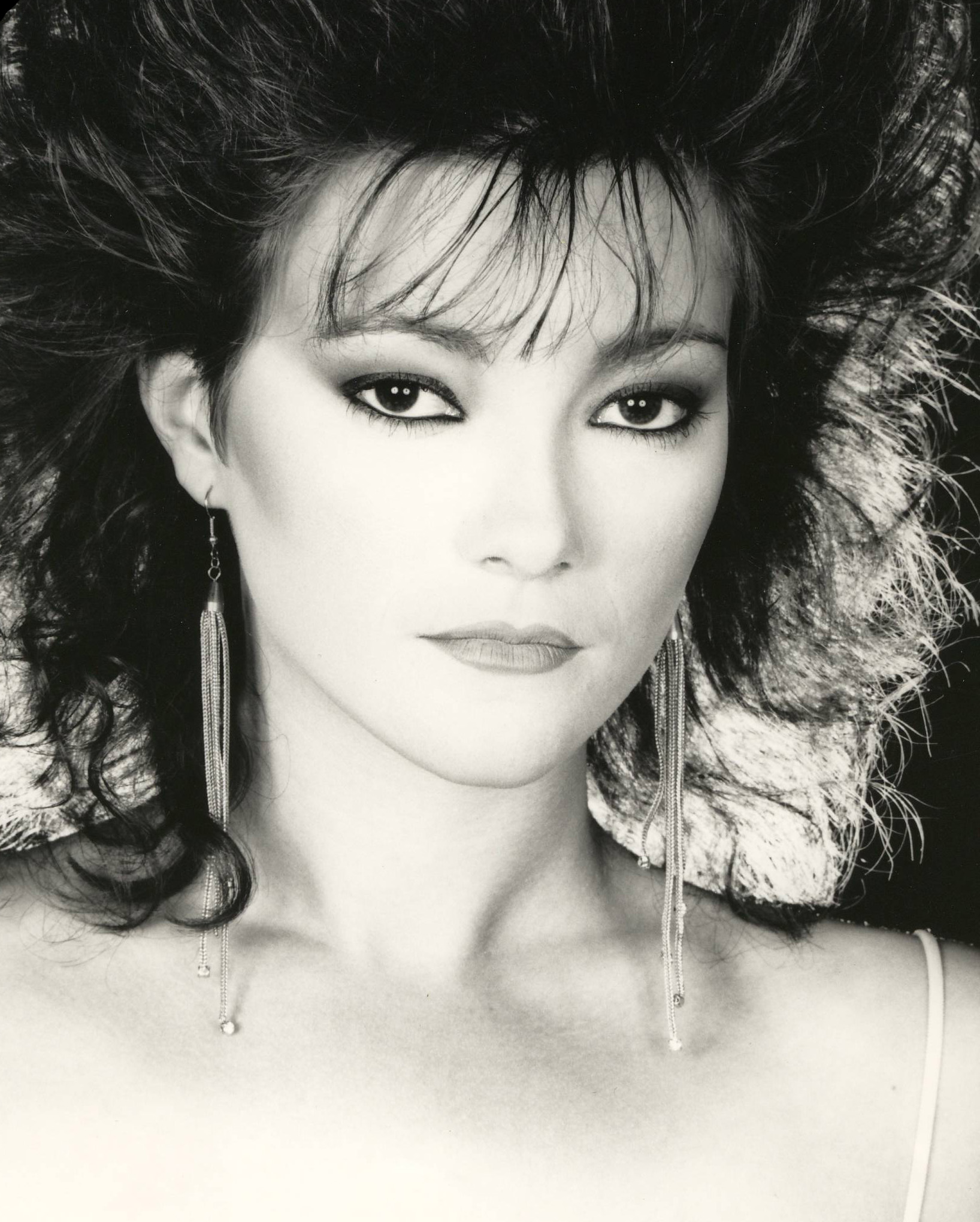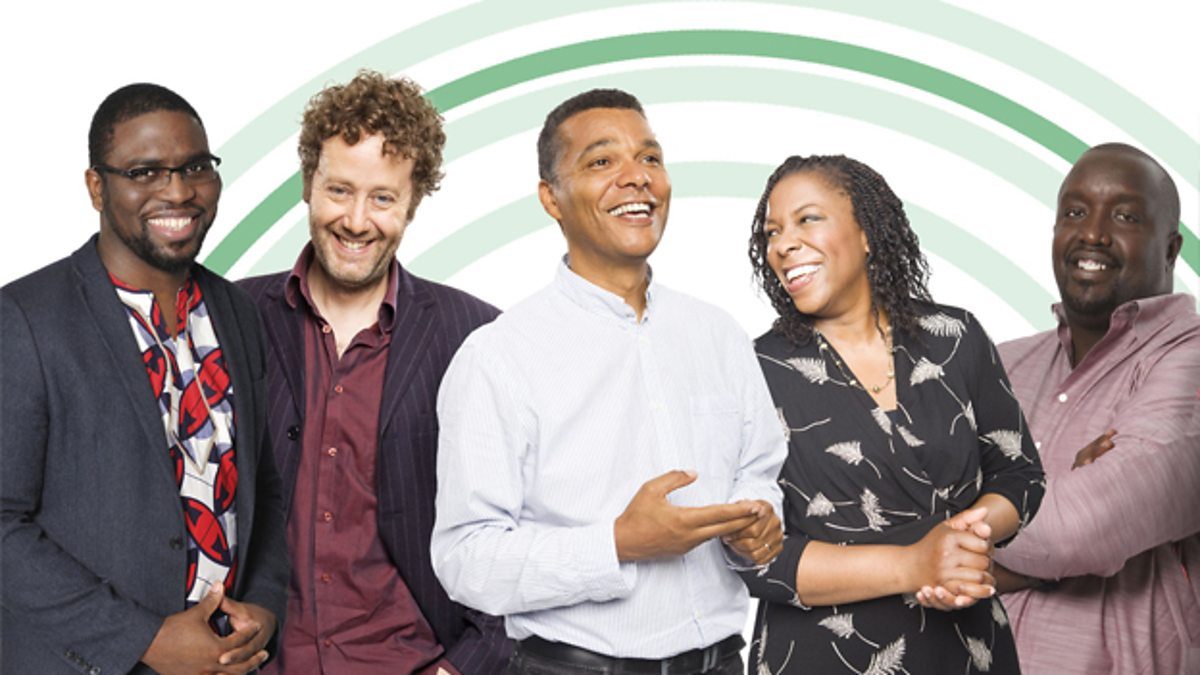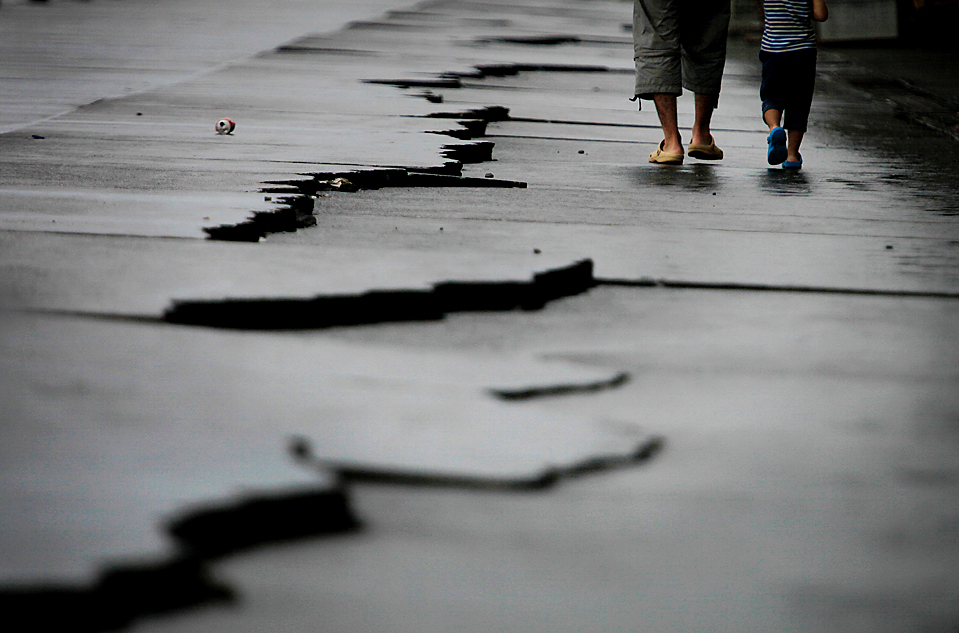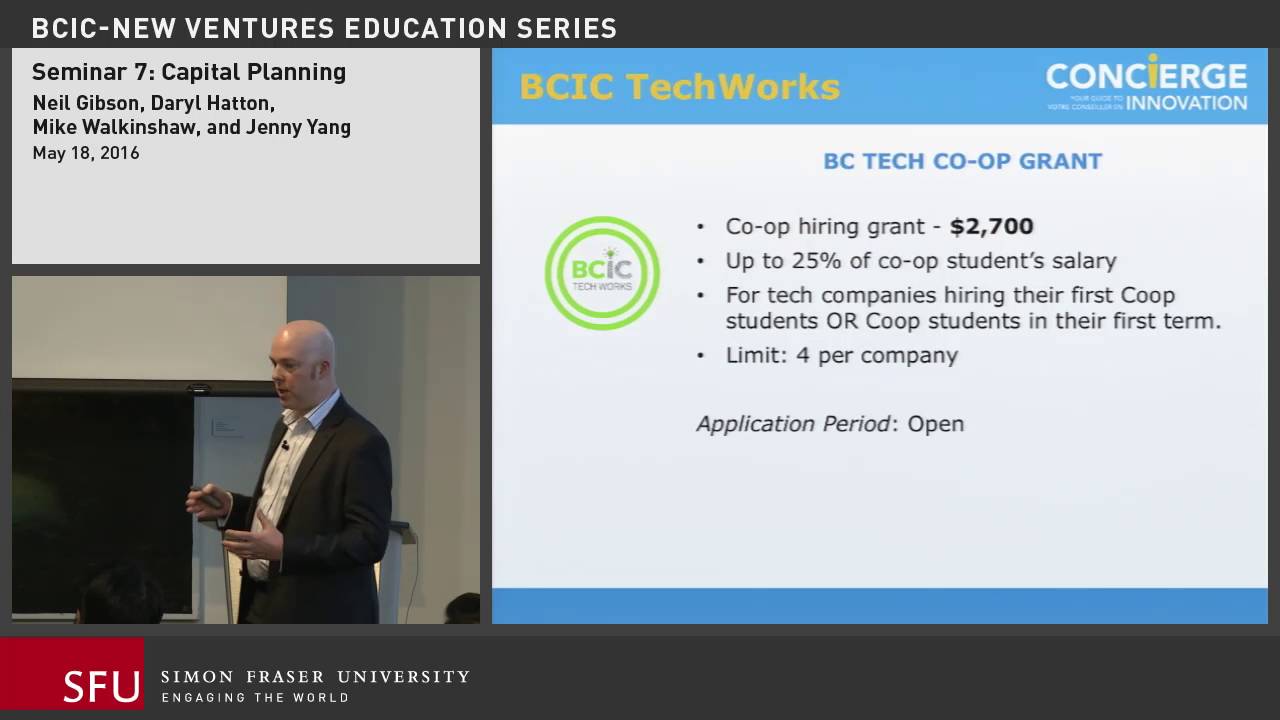Eulogy for Darlene Grunder
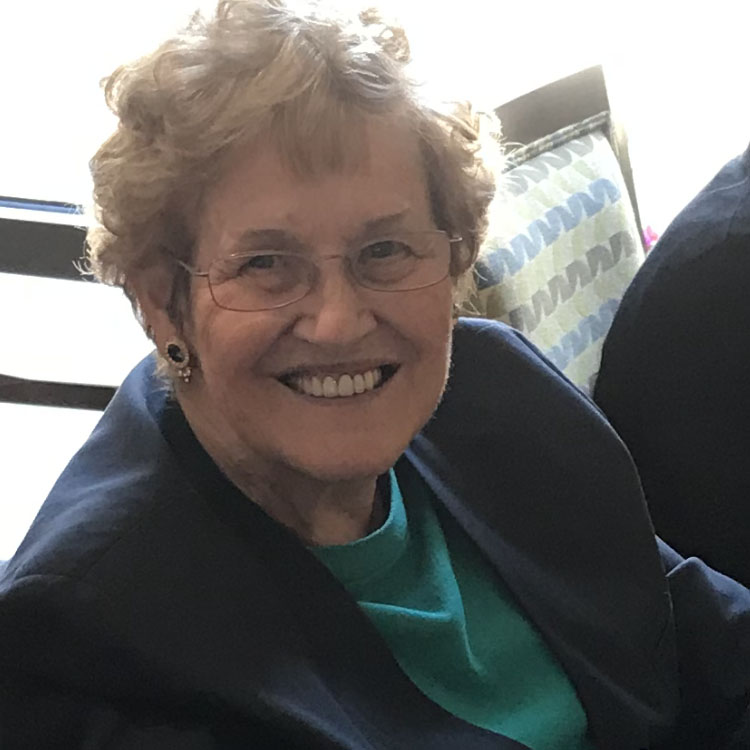
I’m Daryl Hatton – Darlene’s eldest child. I’d like to share with you some stories of my mom and what I’ve learned from her.
Darlene Marie Shorten, was born New Year’s Eve, 1937. In thinking about how she lived her life – this seems like the perfect day! Being very unselfish, she generously shared her special day with the rest of the world and, in response, the world threw the biggest party you can imagine, on that night, EVERY YEAR. There were even fireworks!
But the underlying point is that, to her, it was never about her birthday, or for that matter, about her at all. Ever. With husband Art by her side, the progressive New Year’s Eve dinners with friends were one of the highlights of her year. Not because it was her birthday but because it was just another great opportunity to get together with people she loved, to celebrate endings and new beginnings. Her generosity and focus on the experience of others was a foundation of her life. She cared deeply for people and put others first, sometimes perhaps to her detriment.
Her goodwill towards others showed up in many subtle but powerful ways. My son Ben’s birth was a very difficult delivery over multiple days ending with my wife Myra having an emergency C section. Darlene was the first person to come to the hospital but instead of racing to see the new baby, she stood at the foot of Myra’s bed until she woke. And then, she smiled and simply said, “good job”. It meant a lot.
Darlene was curious about other people. Sometimes embarrassingly curious. She was gregarious and loved talking with people. And she was community focused, always wanting to help out, even if she hadn’t been asked. When we were young, mom would start talking with anyone who was close by; in the line at the grocery store, at the next table in a restaurant, while waiting in the doctor’s office. I’d cringe as she struck up a conversation with yet another TOTAL STRANGER. As kids, we’re not supposed to do that, right??? She’d recommend items on the menu, or talk about recipes for fresh vegetables or would share details of family health issues. Sometimes I just wanted to crawl under a rock and die.
And then I had kids. And somewhere along the line I started talking with strangers. In the line at the coffee shop. Or at the airport. Or at the next table. And I’d recommend one of the menu items. And my kids would cringe. And I realized I’d become my mother!
Fortunately, my kids have apparently learned that this behavior is OK much faster than I have. That’s good because the unexpected benefit of this little quirk is that it naturally and painlessly strengthens our community. It is friendly and inclusive and tolerant and magnanimous; all things we need more of in society right now.
One trait that I acquired from my mom was her empathy; the ability to understand and share the feelings of another. She was so good at it she’d end up crying at sappy commercials on television … and I was right there with her.
Growing up I looked at this as a weakness. I was very uncomfortable with all the emotions that would bubble up and tried to suppress them. But when mom moved to BC after her divorce and in the many conversations we had at that time about life, and purpose, relationships and family, about forgiveness and not holding a grudge, loving ourselves and being grateful for every challenge we encounter, I started to learn what an incredible gift empathy is. What better way to help someone feel safe and loved than to share in their emotional journey, not from a position of weakness but from one of strength and caring? To be a rock they lean on and a guide to support them in finding their path forward. While I am still sometimes very uncomfortable with the unpleasant side effects of having strong empathy, I consider it one of the greatest and most amazing gifts she has given me. When I accept my weaknesses and turn them into strengths, I win. It’s a powerful lesson.
One of my favorite memories of Darlene is from 1988 when she took a trip to Europe with Kate to celebrate Kate’s graduation from UBC. I sneakily arranged to fly over and surprise them in Paris. After creating quite the scene in the train station (Kate was screaming “What are YOU doing here!” Repeatedly! It cleared the platform…) we set out to explore Paris. For the first time, instead of being parent & child, we were just people sharing an experience. And mom was FUN! I’ll never forget her dancing her way down a Paris street near the Eiffel Tower, swinging from the lamp posts, trying her best to emulate Gene Kelly in Singing in the Rain, and singing at the top of her lungs. The wine she’d drunk (“But I only had one glass – Yes, mom, but they refilled it multiple times!”) contributed to the enthusiasm but in the end, I remember vividly seeing the young woman inside of her, free from the constraints of motherhood, simply living life fully and with passion. It inspires me to remember to take time out to play.
Darlene was adventurous. I didn’t recognize this for a long time, as a young boy having mentally positioned her in the “boring, stay-at-home mom” category. But there were lots of examples.
We shared an extended family cabin on Last Mountain Lake in Saskatchewan. One time, Uncle Bob had his boat out and asked if any of the adults wanted to go water skiing. If I recall, only my mom wanted to go. I was frankly shocked to see her get up almost right away! Apparently, she was more of a natural athlete than she ever let on.
After she moved to BC, and soon after she became a grandmother, she learned to snow ski. And she was good at it! We would go night skiing on Grouse Mountain to look at the city lights and have some time to talk on the chairlifts. We got so into our conversations that a few times I turned around and skied backwards in front of her so we could continue talking! She was worried that I would run into someone, but I knew that would never happen. Across all areas of her life, personally and professionally, she was aware of everyone around her and was always looking out for others. I trusted her to guide me, and we were fine.
One story of being adventurous and also courageous really stands out for me. Growing up, we had an Olympic class racing sailboat – 13 feet 6 inches long and way too much sail if the wind got up beyond a breeze. I was skipper and mom or dad were crew which gave us an ideal weight distribution for that boat. One year dad and I won the regional qualifying races to the Summer Games. And then, for reasons I’m only now beginning to understand, we were told that there weren’t enough women on the team from our region and I had to race with my mom!
In theory, not so bad, because in light winds, our combined light weight and all that sail would make us very fast. But. The races were in Swift Current. And the winds were blowing hard. Really hard. Frankly, I was freaked out. This wasn’t going to be fun. In fact, it was actually quite dangerous.
Mom was game to go and said her famous phrase: “Don’t worry – it will all work out”. We headed out for the series of races we had to run. It was rough. Really tough. The winds were so strong we capsized multiple times each race. We were exhausted. The goal no longer was winning. It was finishing. At times it felt like just surviving would be a miracle.
But through it all, even in the worst moments, mom just stayed focused on her job. She expected and trusted me to do my job and did her best to do hers. She didn’t coach or cheerlead or push to do more. She was my mother but more importantly, my teammate. I know she was scared, too, but she had faith we’d be OK. And we were.
Faith was another of her cornerstones. Whenever things were challenging in my life or in my family’s lives, it was common to hear Darlene say to us, “Don’t worry – it will all work out”. Not as a platitude. As a simple expression of fact.
One key thing that was evident during those sailing races but really in everything she did: Darlene had an incredible work ethic. All three kids competed in figure skating and ice dance. This had a big personal impact on Darlene as she had to sew all our costumes, frequently staying up very late at night working on them. The work was long, and probably boring. But she had perseverance and got it done. Now, a common phrase used by my family when facing hard work is “Let’s just get it done.”
I asked my daughter McKenna for a few simple thoughts on her relationship with her grandma. She talked about feeling accepted and loved, proactively and unconditionally. She always felt safe and respected, as a person, not just a child. As an adult McKenna says she now understands the conflicts inherent in divorce and is grateful that Darlene willingly endured them to ensure her grandchildren had a great experience of family.
Terry Shorten, Darlene’s youngest sibling said this: From the youngest member of the family to the oldest sibling, the mentoring and guidance given while growing up will never be forgotten and the times we shared will be held close to the heart forever.
Alex Shorten, Darlene’s next youngest sibling said this: As I think of Dar the following comes to mind, “Loving big sister who was thoughtful, kind, considerate, with not a mean bone in her body or a mean thought on her mind.
As I was growing up with four older siblings and later a younger sibling, Darlene at times was a stand-in Mom, a baby sitter and a supporter of my early interest in books (I read them under the covers at night with a flashlight) and sports. She used these skills and others to develop 3 terrific children that possess many of her same characteristics.”
Darlene’s definition of family was not constrained. Quite the opposite, it was expansive. In the early days of my family and with the all complexities in our lives, it became clear we needed help at home. Lisa, a colleague of Myra’s, came to live with us and help take care of the kids. She quickly became part of our family but somewhat to our surprise, also Darlene’s. Mom adopted Lisa into her extended family because they were aligned to the same purpose – to support my family and help us be healthy and whole. Their relationship extended all the way until Darlene was in memory care. Once, when I asked mom about it, she said, “Your true family is not always related by blood”. From the way she treated Lisa, and at a deeper level, my adopted sister Kate, and step-siblings David and Linda, this rings true.
In writing this piece I realized I have many more stories than I could possibly share. And I’m feeling very grateful for that. But another thing I learned from my mom, at times like these, we have to keep moving.
So… things I’ve learned from my mom:
• Be generous and focus on the experience of others
• Be curious, gregarious, community focused and always willing to help out
• Talk with strangers and be friendly, inclusive, tolerant and magnanimous
• Be empathetic and use empathy to show love, give protection and provide guidance
• Pay attention to relationships
• Practice forgiveness and don’t hold grudges
• Love yourself
• Be equally grateful for every gift and every challenge
• Live life fully and with passion
• Be adventurous and courageous
• Be aware of everyone around you and always look out for them
• Stay focused on the job, work hard and have perseverance.
• Always have faith that things will work out and act accordingly
• Family is very important
• Blood relatives are not the only family you’ll have
• Keep moving
In thinking about mom over the last few weeks I’ve not been surprised to recognize how important these lessons are in every part of my life: private, personal and professional. But the part that is surprising is how much they are infused in the company I’ve built. We help people use crowdfunding and social media to raise money for community causes they care about anywhere in the world. Already, we have affected millions of lives in a positive way and expect to affect many more. Our corporate culture reflects the lessons I’ve learned. Mom, you were inspiring and impactful.
I am very grateful for my time with Darlene and very proud to be her son.
She was a great woman and I miss her.
